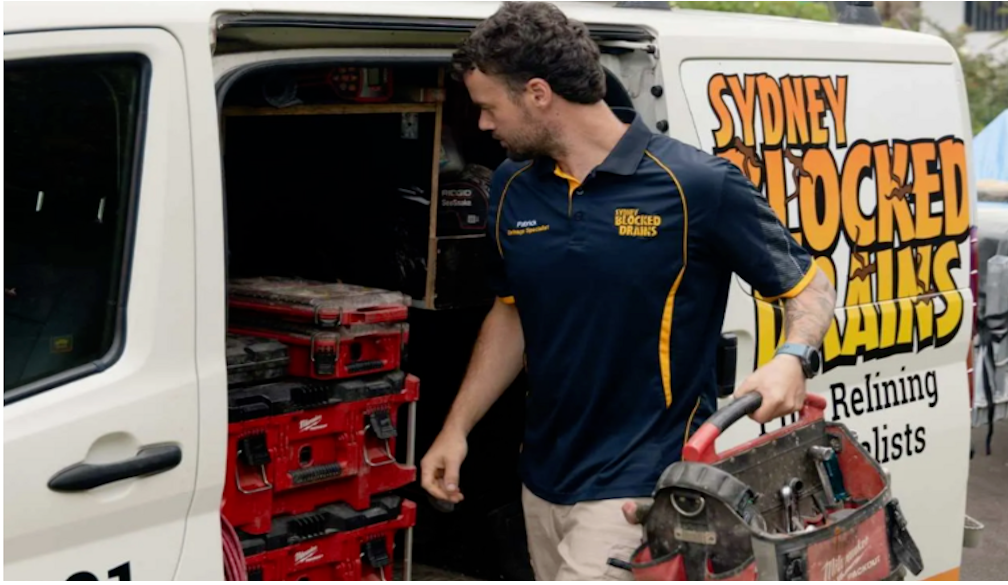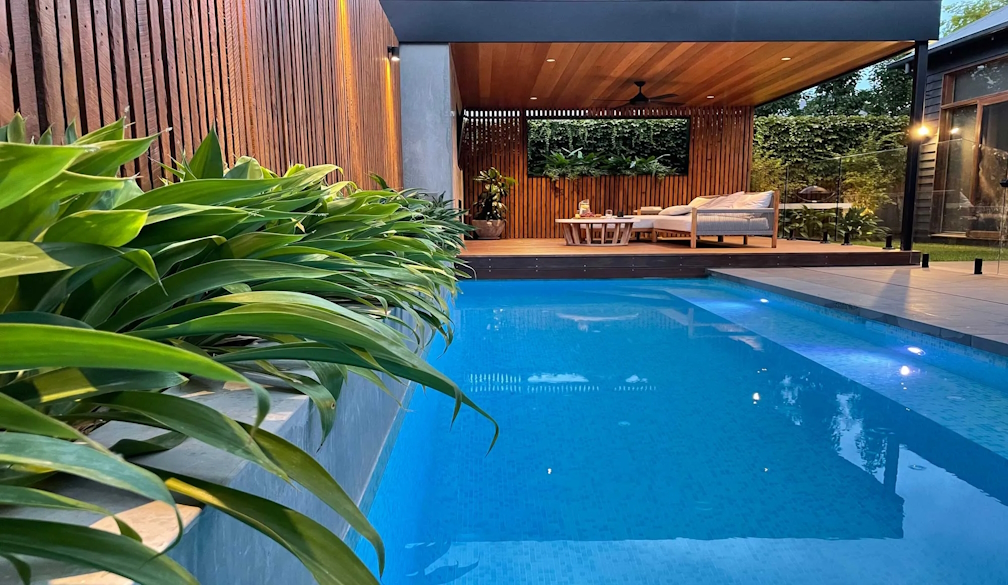The study, titled "Regenerate: an Asia Pacific study on sustainability and beyond", surveyed nearly 1,000 business leaders across diverse industry sectors in nine Asia Pacific (APAC) countries: Australia, China, India, Indonesia, Japan, Malaysia, the Philippines, Singapore, and Thailand. It aimed to capture regional business executives' views on sustainability initiatives within their organizations, covering target setting, decarbonization pathways, and hurdles impeding progress.
It comes at a time when closing the gap between ambition and action is imperative, as businesses urgently need to align their sustainability goals with tangible measures to mitigate environmental impact. This is particularly true in APAC where climate change presents an existential threat amid high exposure to extreme weather events, such as flooding, heatwaves, and droughts, which have the potential to disrupt decades of economic progress.
While Asia-Pacific businesses are optimistic in achieving their decarbonization targets, less than one-third are aligned with the Paris Agreement
Businesses across APAC are actively setting target dates for achieving net zero. A significant 85% of companies perceive the decarbonization targets set by their organizations as attainable with over one-third (37%) indicating they are highly achievable.
However, decarbonization goals often fail to align with the Paris Agreement, signaling a mismatch between the pace of company aspirations and global objectives aimed at limiting global warming to 1.5°C. The majority of businesses (66%) believe that enhanced technologies would accelerate their decarbonization initiatives with this highest in Thailand (76%) and Malaysia (73%). Additionally, over half (54%) consider government support crucial for expediting decarbonization efforts with the Philippines ranking the highest (63%).
The pursuit of broader sustainability objectives also experiences hurdles such as complexities in overcoming technical challenges (65%1) , limited capabilities including the quality and quantity of resources (63%1), and businesses frequently grappling with the challenges of cross-team collaboration (55%1).
To overcome these obstacles, there is a clear need for improved understanding by Board members; only 37% of respondents strongly agree that sustainability trends are well understood by their Board members and executive teams.
Arun Unni, Partner and APAC Sustainability Co-lead, Kearney, said: "Energy transition is not just a challenge but presents one of the greatest investment opportunities of the coming decades. It is positive to see businesses across the Asia Pacific actively setting targets for achieving net zero. However, these targets need to be aligned with global standards, even if the approach is highly local. If timed right, not only can they harness the full benefits of clean energy technologies and energy-efficient practices, but also add significantly to their bottom-lines and valuations."
Greenwashing fears fuel sustainability investment, but sustainability is still seen as a business cost rather than an opportunity
Concerns about greenwashing are prompting companies to invest more in sustainability. 86% say that greenwashing concerns have motivated their organization to increase investment in sustainability resources and capabilities. However, our study also found that 78% say it has made their organization more hesitant to discuss sustainability plans publicly.
In addition, almost three-quarters (72%) of companies continue to view sustainability efforts as a cost to business rather than a value creating opportunity. This sentiment is particularly strong in India (78%), Australia and Indonesia (77%). While the transport sector is more open to embracing sustainability, industries like business and financial services more often perceive it as a burden.
While most business leaders surveyed say they have a clear strategy or framework in place across all areas of sustainability, most have not set targets for all significant impact areas. For instance, even though 91% say they have a framework or plan in place for environmental sustainability, more than half (52%) of these say they have no targets for areas of significant impact.
Kate Hart, Partner and APAC Sustainability Co-lead, Kearney, said: "The perception of sustainability as a cost instead of an opportunity is unfortunately a short-term business focus which hinders the full integration of sustainability into operations. Closing this gap requires strong leadership, innovation, and a resilient culture which demands more than just sustainability; it requires embracing regenerative sustainability principles."
Regenerative practices can bridge the gap between ambition and action in Asia
Asia remains especially vulnerable to climate impacts and as growth continues to surge, there is an urgent need for the region to transition towards development that is not only carbon-neutral but also climate-resilient. Regenerative businesses are at the forefront of adopting this transformative approach. More than 40% of surveyed companies perceive themselves as embracing regenerative sustainability practices, led by companies in Indonesia (57%), India (54%) and Thailand (54%).
By integrating their business systems with broader environmental and social systems, these companies are shifting away from viewing sustainability solely as a risk or cost, and instead, actively aim to contribute positively to the world. This strategic shift prioritizes long-term value creation, advancing sustainable and profitable growth across the region.
However, despite 51% of companies across the region acknowledging the potential for regenerative sustainability to improve profit and long-term growth, only 35% of companies aspire to achieve regenerative sustainability within the next 1-3 years.
Kate Hart said: "Beyond financial returns, companies that prioritize sustainability are often better positioned to manage risks, bolster long-term resilience, and foster positive relationships with stakeholders. Collaborative efforts and shared learning across businesses in the region can help bridge the knowledge gaps that we see and accelerate the overall transition towards regenerative sustainability."
Additional Resources
To access the report, click here.
About the Report
Kearney's "Regenerate: an Asia Pacific study on sustainability and beyond" report serves as a pulse check of APAC boards of directors, executive teams, and business leaders (CEO, CEO-1, CEO-2 in roles of sustainability, operations and strategy) to identify the points of intersection between sustainability ambition, execution and impact. The survey aims to understand how the region is faring in its sustainability efforts and explore the trajectory of sustainability in the region.
The study, undertaken between November and December 2023, surveyed a total of 975 executives across nine countries in Asia Pacific, including Australia, China, India, Indonesia, Japan, Malaysia, the Philippines, Singapore and Thailand, across a broad range of industry sectors.
Our study evaluates business leaders' perspectives about the status of their sustainability initiatives. This included examining their positions along the sustainability journey, the establishment of targets such as pathways for decarbonization, and the challenges that are impeding their progress.
The study gauges whether executives believe their targets are attainable and delves into aspects such as greenwashing and management incentives. It also considers perspectives on regenerative sustainability, investigating whether businesses are elevating sustainable thinking to the next level.
Hashtag: #Kearney #Regenerate
https://www.kearney.com/
The issuer is solely responsible for the content of this announcement.
Kearney
Kearney is a leading global management consulting firm with deep-rooted expertise in strategic transformation. We work with more than three-quarters of the Fortune Global 500, as well as with government bodies and nonprofit organizations. As a global consulting partnership in more than 40 countries, our people make us who we are. We're individuals who take as much joy from those we work with as the work itself. Driven to be the difference between a big idea and making it happen, we work alongside our clients to regenerate their businesses to create a future that works for everyone. To learn more about Kearney, please visit www.kearney.com.



















